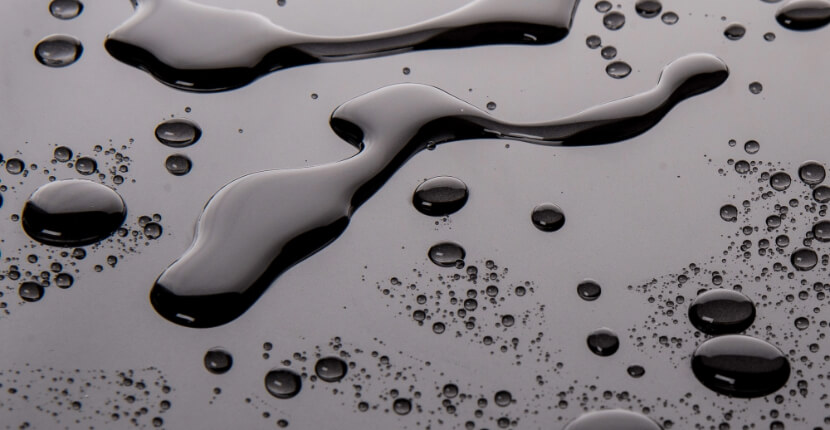
Fuel Spill Response
Enquire Today For A Free No Obligation Quote
Fuel Spill Response is the leading provider of emergency fuel spill response services in the United Kingdom, dedicated to delivering rapid and effective solutions for hazardous fuel spills.
Our team of experts employs advanced spill response equipment and innovative spill containment solutions to safeguard the environment and protect community health, all while adhering to the highest standards of safety and compliance.
We specialise in fuel spill prevention, containment, and remediation, and are committed to assisting clients in managing the risks associated with fuel leaks and spills, including the deployment of spill containment barriers and other spill containment solutions.
Who Are We?
Our company comprises of a dedicated team of professionals specialising in fuel spill response, equipped with the requisite expertise and advanced technology to address emergency spill situations effectively and efficiently. This includes the deployment of a well-coordinated oil spill response team for rapid and efficient action.
Our team possesses diverse qualifications, including certifications in hazardous materials management, environmental science, and emergency response protocols.
Each member has undergone comprehensive training, ensuring preparedness to confront the multifaceted challenges associated with fuel spills.
The rigorous spill response training programme underscores the importance of safety and regulatory compliance, enabling the team to respond promptly while minimising ecological damage. This training covers every aspect of fuel spill safety and spill response procedures.
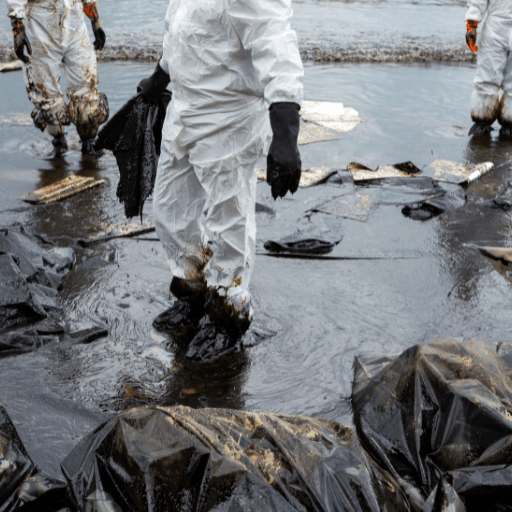
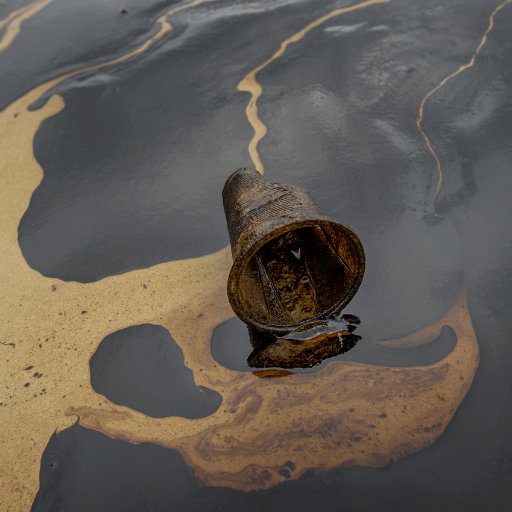
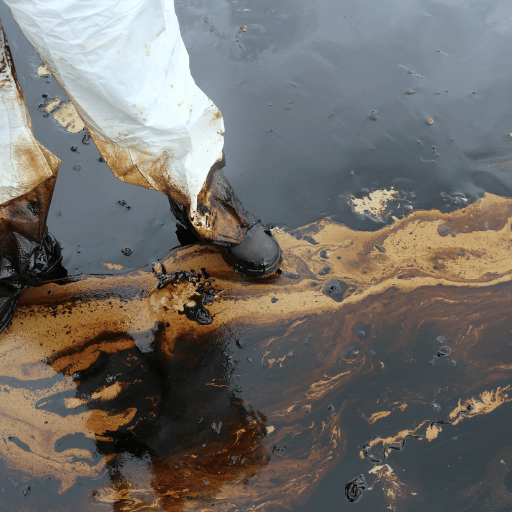
Why Choose Us?
Selecting our services signifies a commitment to partnering with a reliable expert in fuel spill response, distinguished by a proven track record of prompt spill response and effective hazardous spill management strategies.
The urgency and expertise required in the event of a fuel spill cannot be overstated; this is where our company excels.
With an average response time of under one hour, clients can have confidence that assistance is swiftly on the way, thereby minimising environmental impact and associated costs. This rapid response is critical for both marine and land fuel spill response.
Our team is composed of knowledgeable professionals who have successfully managed numerous complex incidents.
What are the Services Offered by Fuel Spill Response?
At Fuel Spill Response, we provide a comprehensive range of services tailored to address all aspects of fuel spill incidents. Our offerings include emergency fuel spill response, as well as thorough environmental remediation and the appropriate disposal of contaminated materials.
Emergency Fuel Spill Response
The emergency fuel spill response services provided by our organisation guarantee immediate action and containment of hazardous spills. We utilise advanced spill response equipment and containment barriers to minimise environmental impact.
In case of a spill, prompt and efficient action is essential to mitigate the risks associated with hazardous materials. Personnel responsible for emergency response undergo rigorous training, enabling them to swiftly assess the situation and identify the type of fuel involved.
This identification is critical, as different fuels necessitate distinct approaches for containment and cleanup. The protocols typically commence with the deployment of containment barriers, such as booms and other spill containment solutions, which are vital for surrounding and controlling the spread of the spill.
Our responders initiate the collection phase using specialised vacuum trucks and absorbent materials, such as fuel spill absorbents.
The implementation of these measures not only aids in protecting local wildlife and ecosystems but also minimises potential damage to nearby infrastructure.
Containment and Cleanup of Spilled Fuel
We employ a comprehensive range of oil spill containment strategies and spill control products to effectively manage and remediate spilt fuel, ensuring minimal environmental disruption. Our industrial spill response capabilities are designed to handle large-scale incidents efficiently.
To achieve this objective, it is essential to utilise a combination of methods that incorporate advanced techniques and materials specifically designed for emergency response to fuel spills.
The application of fuel spill absorbents, including booms and pads, is critical to these operations. These specialised materials not only absorb spills but also prevent further dispersion, thereby effectively containing the affected area.
Environmental Remediation
The environmental remediation services provided focus on restoring ecosystems affected by fuel spills through the implementation of rigorous spill response procedures to ensure comprehensive fuel spill recovery.
This thorough process begins with a detailed assessment of the extent of contamination, during which experts identify the pollutants and evaluate their impact on local biodiversity.
Following this initial evaluation, a strategic cleanup plan is formulated, employing specialised equipment and techniques that are tailored to the specific environmental context. This fuel spill recovery approach ensures that all aspects of the incident are managed effectively.
The cleanup phase may involve the removal of contaminated soil, the application of absorbent materials, and the use of advanced bioremediation methods that leverage natural processes to degrade pollutants.
Continuous monitoring following the cleanup is essential to ensure that recovery efforts are effective and that no residual contamination remains. Proactive fuel spill mitigation strategies are also critical in preventing future incidents, thereby safeguarding both terrestrial and aquatic ecosystems.
Ultimately, these measures not only facilitate the restoration of the environment but also contribute significantly to the broader objectives of maintaining ecological balance and promoting community health.
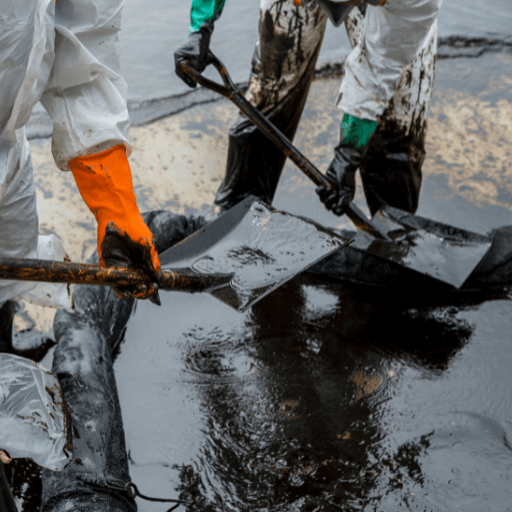
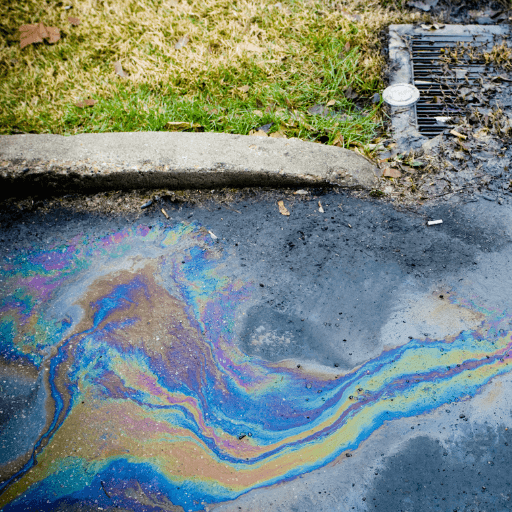
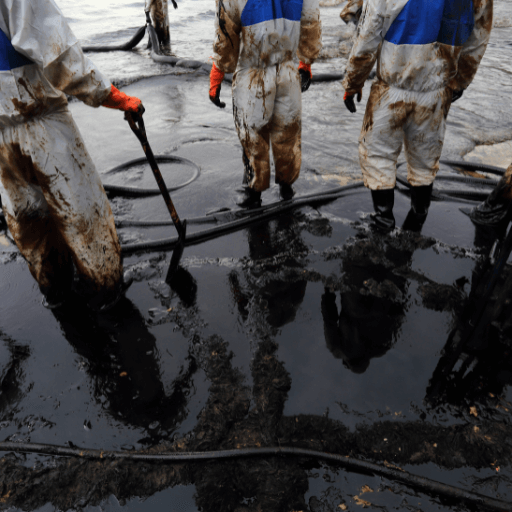
Disposal of Contaminated Materials
Proper disposal of contaminated materials is essential for maintaining fuel spill safety and ensuring effective environmental spill clean-up. We strictly adhere to all regulations governing hazardous spill response and oil spill management.
The disposal of such materials necessitates a comprehensive understanding of hazardous waste management protocols, which are designed to protect public health and the environment.
This process involves several key steps to ensure compliance and safety, and is a critical component of our overall spill response plan:
- Identification of Contaminated Materials: It is imperative to accurately identify substances that pose a risk.
- Segregation: Hazardous waste must be kept separate from non-hazardous materials to prevent cross-contamination.
- Labelling: All disposal containers should be clearly marked to communicate the nature of their contents, ensuring safety for all personnel involved.
- Transport Regulations: Adherence to specific guidelines during the transportation of contaminated materials to designated disposal facilities is crucial, using specialised spill containment solutions.
- Documentation: Maintaining adequate records of the disposal process is vital for ensuring traceability and accountability.
By following these regulations and safety measures, individuals can effectively contribute to spill response efforts while safeguarding both the environment and public health.
What is the Protocol for Fuel Spills?
The protocol for fuel spills should follow a structured response to ensure environmental protection, public safety, and regulatory compliance. As a company offering fuel spill response services, your protocol should include the following key steps:
Initial Assessment and Reporting
Upon discovering a fuel spill, the first priority is to assess the situation by determining the spill size, type of fuel involved, and potential risks to people, property, and the environment.
It is essential to report the incident to relevant authorities such as the Environment Agency and emergency services if necessary.
Simultaneously, the internal response team should be activated to initiate containment measures and minimise the impact.
Site Safety and Containment
Ensuring site safety is crucial to prevent further hazards. Immediate actions should include identifying fire risks, toxic fumes, and slip hazards.
An exclusion zone must be established to restrict unauthorised access, and spill containment measures such as absorbent booms, drain covers, and bunds should be deployed.
Responders should wear the necessary personal protective equipment (PPE) to ensure their safety during operations.
Spill Containment and Control
Once the area is secured, it is vital to stop the source of the spill by shutting off valves, plugging leaks, or isolating damaged containers.
Containment methods such as absorbent materials, dikes, or barriers should be implemented to prevent further spread.
Quick action is essential to stop the fuel from entering drains, waterways, or sensitive areas.
Environmental Protection Measures
To minimise environmental damage, appropriate measures should be implemented to recover the spilt fuel using skimmers or vacuum systems.
Barriers should be placed to prevent the spill from seeping into soil or groundwater.
Continuous monitoring of air quality and potential vapour emissions is necessary to assess environmental and public health risks.
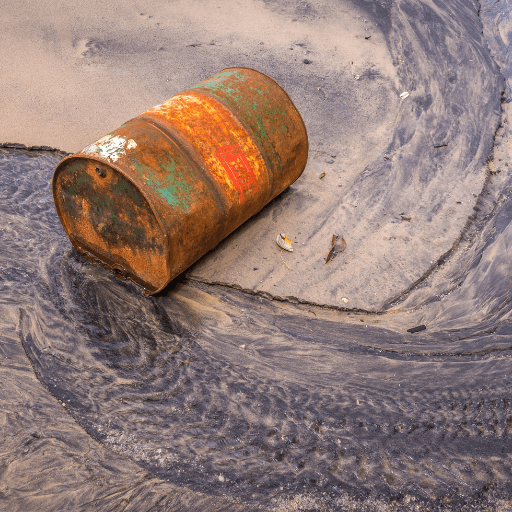
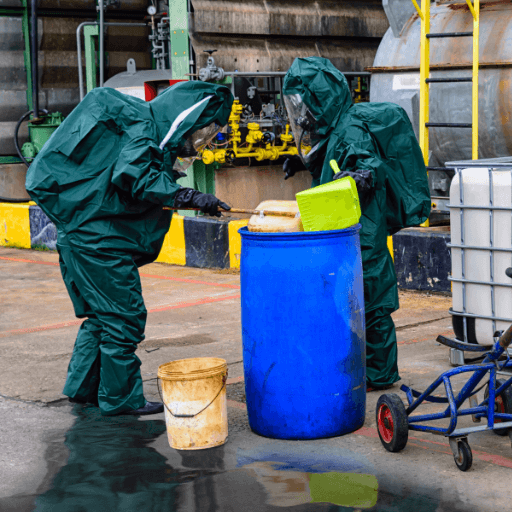
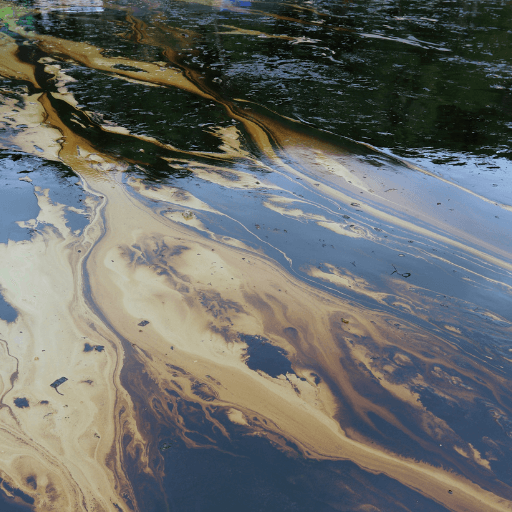
Clean-up Operations
Once containment is under control, clean-up operations should commence using absorbents to remove residual fuel.
Specialist equipment may be required to treat affected surfaces, and thorough decontamination of the site should be carried out to prevent long-term damage.
All tools and equipment used in the process must be cleaned and maintained for future use.
Waste Management and Disposal
Proper disposal of contaminated materials is essential to comply with environmental regulations.
All absorbents, contaminated soil, and debris should be securely stored and disposed of at licensed hazardous waste facilities.
Accurate records must be maintained detailing the types and quantities of waste, along with their disposal methods.
Incident Reporting and Documentation
A detailed report should be compiled to document the incident, response actions taken, and outcomes achieved.
This report should include photographs, timelines, and any interactions with regulatory bodies. Thorough documentation ensures regulatory compliance and helps refine future response plans.
Regulatory Compliance and Follow-up
After clean-up, it is important to ensure full compliance with environmental regulations such as the Environmental Protection Act and the Control of Pollution (Oil Storage) Regulations.
Follow-up inspections should be conducted to monitor for any residual contamination.
Lessons learned from the incident should be reviewed to enhance response protocols and staff training.
Fuel Spill Response Costs
The average cost of fuel spill response is £5,000 – £20,000.
The costs associated with fuel spill response can vary significantly depending on factors such as the size of the spill, the type of fuel involved, the location, and the extent of environmental damage.
What are the Potential Risks of a Fuel Spill?
Fuel spills present considerable risks, including potential environmental damage and various health and safety hazards. It is essential to implement immediate and effective response measures to address these incidents.
Environmental Damage
Environmental damage resulting from fuel spills can be extensive and long-lasting, necessitating prompt responses to fuel spills and the implementation of effective oil spill containment strategies, supported by a skilled oil spill response team.
These strategies must not only address immediate contamination but also work to prevent future incidents.
These hazardous events significantly impact wildlife, as birds, mammals, and marine species often suffer devastating effects due to direct exposure to toxic substances, highlighting the need for rapid spill response and comprehensive environmental spill cleanup.
Water sources can be severely impacted as oil spreads through waterways, poisoning ecosystems and disrupting the food chain.
Aquatic organisms, including fish and invertebrates, may experience chronic health issues that could ultimately diminish their populations over time.
The repercussions for entire ecosystems are profound, as fuel spills alter habitats, disrupt reproductive cycles, and contribute to the decline of sensitive species.
Health and Safety Hazards
Health and safety hazards associated with fuel spills pose significant risks to both responders and the general public, underscoring the necessity of implementing stringent fuel spill safety measures and effective hazardous spill response procedures.
Fuel spills can result in numerous health risks, exposing individuals to harmful substances such as benzene and other volatile organic compounds, hence the importance of fuel spill safety and stringent spill response procedures.
These toxic materials can lead to respiratory issues, skin irritations, and long-term health complications, including cancer and neurological disorders.
How can you Prevent a Fuel Spill?
Preventing a fuel spill requires a combination of proactive measures, regular maintenance, staff training, and adherence to safety regulations. Key strategies to prevent fuel spills include:
- Proper Fuel Storage and Handling: Ensure fuel is stored in compliant, well-maintained containers such as bunded tanks that provide secondary containment in case of leaks. Use appropriate fuel dispensing equipment with automatic shut-off features to prevent overfilling and spills during transfer operations.
- Regular Inspection and Maintenance: Conduct routine inspections of fuel storage tanks, pipelines, hoses, and dispensing equipment to identify potential issues such as corrosion, leaks, or wear and tear. Regular maintenance schedules should be followed to address any identified risks before they lead to a spill.
- Spill Prevention Training for Staff: Provide comprehensive training for employees on proper fuel handling procedures, emergency response actions, and spill prevention techniques. Ensure staff are familiar with the correct use of spill kits and emergency shutdown protocols to minimise risks.
- Use of Spill Containment Systems: Install spill containment measures such as bunds, drip trays, and spill barriers in areas where fuel is stored or handled. Drain covers and secondary containment systems should be in place to prevent fuel from reaching drains and waterways in the event of a leak.
- Implementing Fuel Transfer Best Practices: When transferring fuel, always follow safe procedures such as using dedicated, approved transfer pumps, monitoring flow rates, and avoiding overfilling. Fuel transfers should be supervised to react quickly in case of a potential issue.
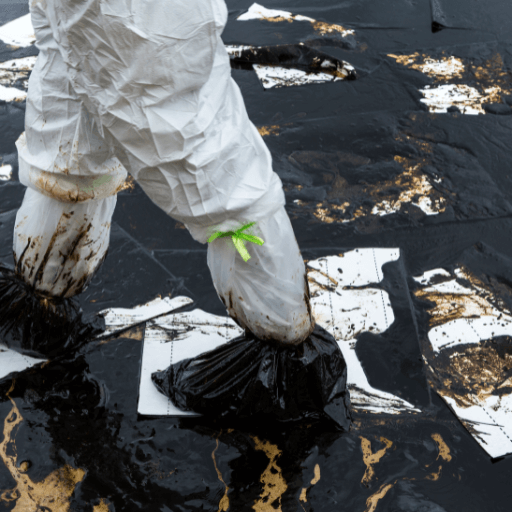
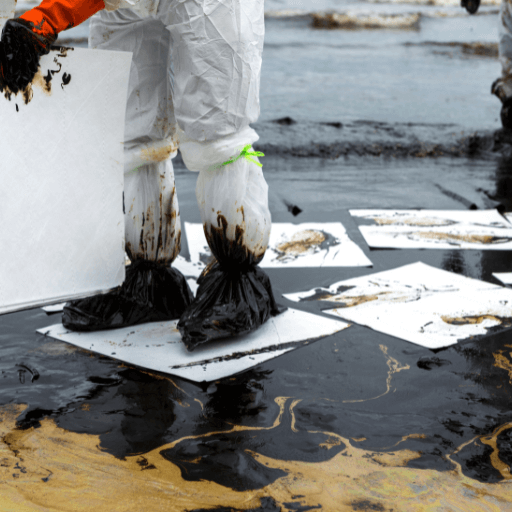
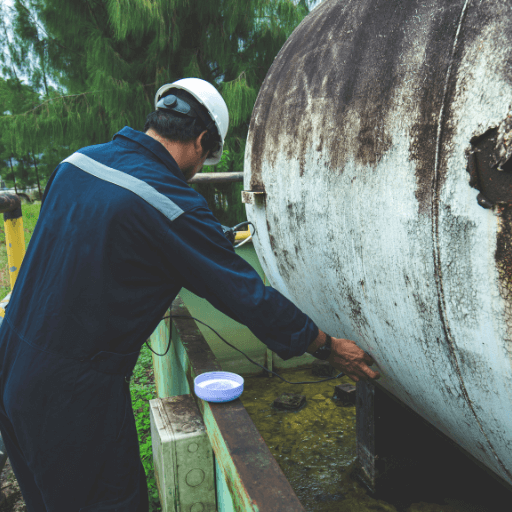
- Emergency Spill Response Plans: Develop and regularly review a fuel spill response plan outlining the actions to be taken in the event of a spill. Ensure that spill kits, including absorbent materials and containment booms, are readily available at all fuel storage and transfer locations.
- Compliance with Regulations: Follow all applicable environmental and health and safety regulations, such as the Control of Pollution (Oil Storage) Regulations and the Health and Safety at Work Act. Staying compliant helps prevent incidents and ensures legal responsibilities are met.
- Use of Leak Detection Systems: Install advanced leak detection systems, such as sensors and monitoring software, to provide early warnings of potential leaks. These systems can detect abnormal changes in pressure, temperature, or fluid levels and trigger automatic shutdowns if necessary.
- Proper Fuel Transport Practices: Ensure that fuel is transported in approved containers and vehicles that meet regulatory standards. Drivers should be trained in safe transport procedures, including loading and unloading protocols to avoid accidental spills.
- Regular Risk Assessments: Conduct regular risk assessments of fuel storage and handling operations to identify potential hazards and implement necessary controls. This proactive approach helps to continuously improve spill prevention measures and reduce the likelihood of incidents.
By implementing these preventive measures, businesses can significantly reduce the risk of fuel spills, protecting both the environment and their operations.
What is Fuel Spill Response?
Fuel spill response refers to the coordinated actions taken to contain, control, clean up, and mitigate the effects of an accidental release of fuel into the environment.
The goal of fuel spill response is to minimise environmental damage, protect public health and safety, and comply with legal and regulatory requirements.
Contact Us
For reliable and efficient fuel spill response services, including fuel spill cleanup services, please contact us to learn more about our comprehensive solutions and how we can assist you with your emergency spill response needs.
Our dedicated team is equipped to handle fuel spill incidents promptly, ensuring minimal environmental impact while safeguarding your operations.
Frequently Asked Questions
What Kind of Fuel Spills do you Specialise in?
We specialise in responding to all types of fuel spills, including gasoline, diesel, oil, and other hazardous materials.
Our team is trained to handle spills of any size and we have experience in dealing with spills on land, water, and even underground through comprehensive oil spill management.
How Quickly can you Respond to a Fuel Spill Emergency?
At Fuel Spill Response, we understand the urgency of fuel spills and the potential harm they can cause to the environment and public health. That’s why we have a 24/7 emergency response team that can be on-site within hours of receiving a call.
Do you Provide Any Additional Services Apart from Fuel Spill Response?
We offer a range of services to help prevent fuel spills from occurring, such as regular maintenance and inspection of fuel storage tanks and pipelines.
We also provide training for companies on proper spill response protocols to mitigate the risk of accidents.
How can I Contact Fuel Spill Response in Case of an Emergency?
In case of a fuel spill emergency, you can call our 24/7 contact number to reach our emergency response team.
You can also contact us through our website or email, and we will respond to your inquiry as soon as possible.
Find More Info
Make sure you contact us today for a number of great fuel spill response services.
For more information on fuel spill response, fill in the contact form below to receive a free quote today.
★★★★★
Fuel Spill Response provided exceptional service when we faced a major fuel spill on-site. Their rapid response, high-quality spill kits, and expert guidance ensured the situation was contained quickly, preventing environmental damage. The team was professional, knowledgeable, and incredibly efficient. Highly recommended for anyone needing reliable spill response solutions!
Lewis Rowan
Greater London
★★★★★
We rely on Fuel Spill Response for all our emergency spill management needs. Their kits are top-notch, and their support team is always available to provide advice and ensure compliance with regulations. Thanks to their quick and effective solutions, we’ve minimised downtime and avoided costly cleanups. A trustworthy partner in fuel spill control!
Jessie Pickup
Greater London